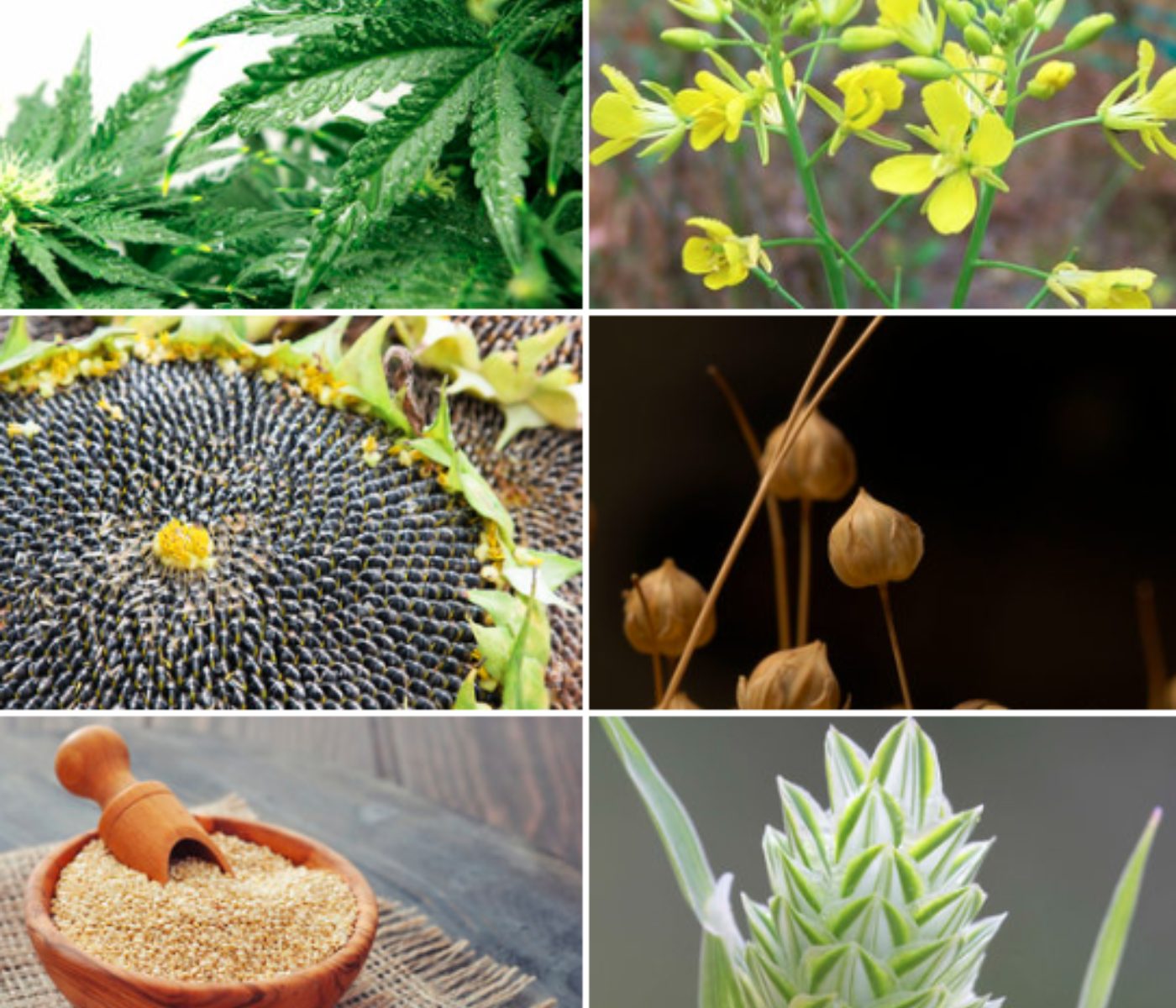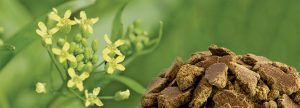 06 Jun 2024
06 Jun 2024
In Canada, the federal government is dedicating $8.1 million to advancing the development and production of alternative oilseed crops such as camelina, flax, carinata, mustard, and sunflowers. This significant investment aims to diversify crop options beyond canola, which has long dominated the market.
Announced in late May, the funding for the Diverse Field Crops Cluster supports crucial research into these alternative oilseed crops. The goal is to enhance their yield and profitability while addressing environmental concerns, including the reduction of greenhouse gas emissions from crop production.
Prairie commodity groups and companies focusing on these crops are also contributing $6 million to the cluster, bringing the total investment to nearly $15 million. Lawrence MacAulay, Canada’s agriculture minister, emphasized the importance of this research in building resilience against climate change impacts.
“Our farmers are among the first to feel the impacts of climate change. That’s exactly why we’re supporting this important research to increase the yield and profitability of diverse field crops and make the sector more resilient,” MacAulay stated.
Oilseeds like carinata and camelina have long been suggested as viable alternatives to canola, particularly in the drier regions of the Prairies, such as the brown soil zone in southern Saskatchewan. Carlene Sarvas, production lead with Smart Earth Camelina Corp., highlighted the growing importance of camelina in drought-prone areas:
“Camelina is targeted for those areas where canola underperforms, which have been increasing due to ongoing drought conditions.”
Despite their potential, crops like camelina and carinata have struggled to gain significant acreage on the Prairies. Camelina cultivation has fluctuated between 5,000 to 20,000 acres for years, partly due to high canola prices, which have remained above $600 per tonne since 2020. The Diverse Field Crops Cluster aims to make these alternative oilseeds more competitive and improve the resilience of crop production in Western Canada.

According to Ag-West Bio, which leads the research cluster, crops more tolerant to water and heat stress can reduce greenhouse gases and increase carbon sequestration. Additionally, diverse crops can provide value-added products, contributing to economic growth and development. Part of the funding will be allocated to benchmarking the greenhouse gas emissions from crops such as camelina and carinata. This effort aligns with the federal government’s target of reducing greenhouse gas emissions from nitrogen fertilizer by 30% by 2030.

Canola, which requires substantial nitrogen fertilizer, could see reduced emissions with the introduction of more alternative oilseeds in Western Canada’s cropland. The $15 million investment in the Diverse Field Crops Cluster marks the second round of funding for research into rotational crops, demonstrating a continued commitment to sustainable agricultural practices and crop diversification.
Canada’s investment in the Diverse Field Crops Cluster underscores a significant move towards diversifying crop production. By focusing on alternative oilseeds like camelina, flax, carinata, mustard, and sunflowers, the initiative aims to enhance resilience against climate change, reduce greenhouse gas emissions, and drive economic growth through value-added products.
Subscribe now to the technical magazine of animal nutrition
AUTHORS

Nutritional Interventions to Improve Fertility in Male Broiler Breeders
Edgar Oviedo
The Use of Organic Acids in Poultry: A Natural Path to Health and Productivity
M. Naeem
Synergistic Benefits of Prebiotics and Probiotics in Poultry, Swine, and Cattle
Gustavo Adolfo Quintana-Ospina
Hybrid Rye Potential in Laying Hen Feed Rations
Gwendolyn Jones
A day in the life of phosphorus in pigs: Part I
Rafael Duran Giménez-Rico
Use of enzymes in diets for ruminants
Braulio de la Calle Campos
Minerals and Hoof Health in the Pregnant Sow
Juan Gabriel Espino
Impact of Oxidized Fats on Swine Reproduction and Offspring
Maria Alejandra Perez Alvarado